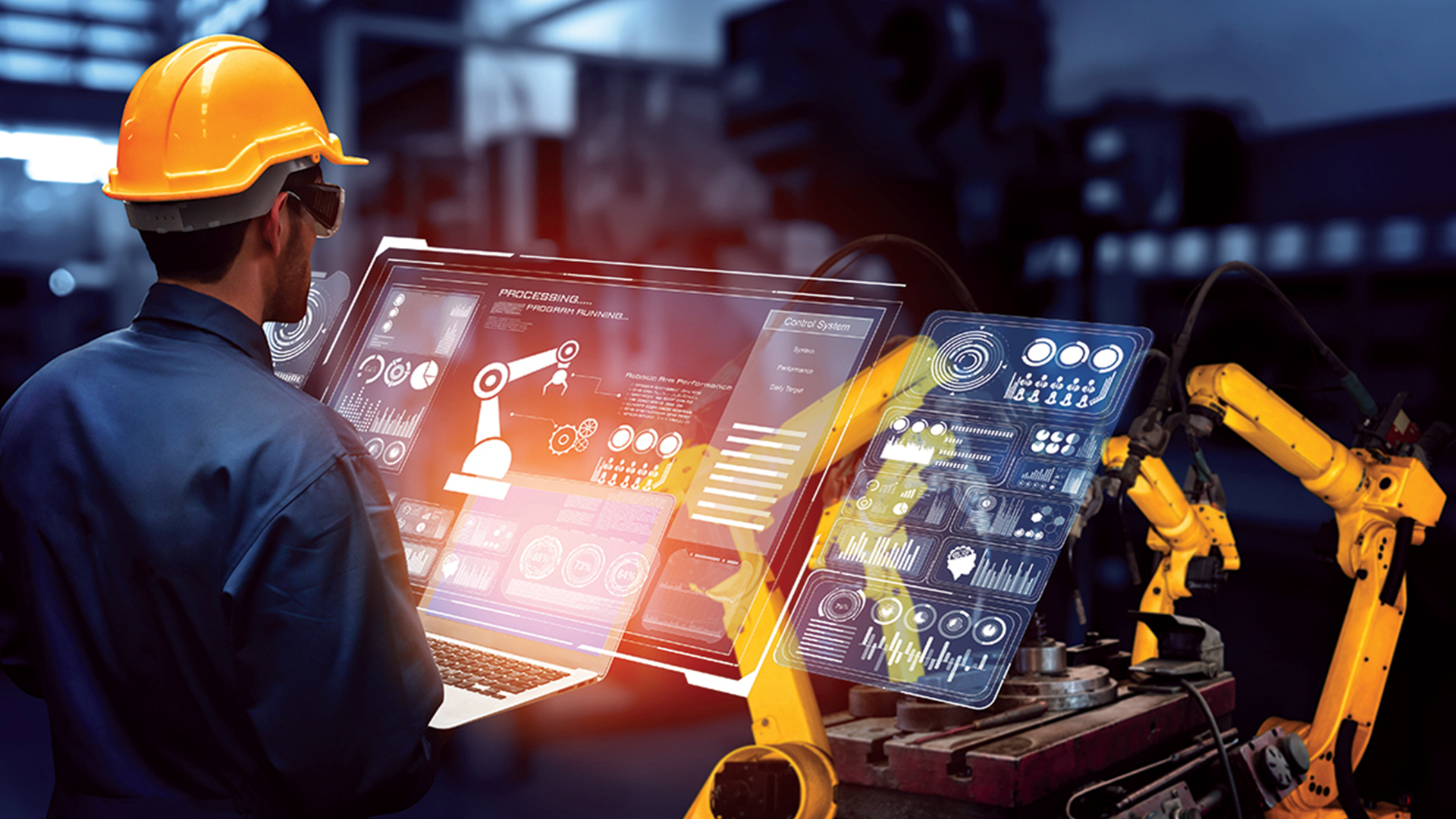
Industrial products, unlike consumer goods, are not directly purchased by the general public. Instead, they are acquired by businesses for use in their operations. These products play a crucial role in various industries, facilitating production, maintenance, and overall business functions.
Key Categories of Industrial Products:
- Raw Materials: These are the basic substances used in manufacturing processes, such as metals (iron ore, aluminum), minerals (coal, oil), and agricultural products (cotton, timber).
- Components: These are manufactured parts that become integral components of larger products. Examples include engines for vehicles, semiconductors for electronics, and tires for automobiles.
- Machinery and Equipment: This category encompasses a wide range of tools and machinery used in manufacturing and industrial processes, including heavy machinery, industrial robots, and specialized tools.
- Maintenance, Repair, and Operations (MRO) Supplies: These are essential for keeping industrial facilities running smoothly. They include items like lubricants, cleaning supplies, safety equipment, and tools used for maintenance and repair.
- Production Supplies: These are materials used directly in the production process, such as chemicals, solvents, and packaging materials.
The Importance of Industrial Products:
Industrial products are the lifeblood of modern economies. They:
- Drive Manufacturing: Provide the essential inputs for manufacturing processes, enabling the production of a wide range of consumer goods.
- Support Infrastructure: Contribute to the development and maintenance of critical infrastructure, such as transportation networks, energy grids, and communication systems.
- Fuel Technological Advancements: Drive innovation by providing the raw materials and components for the development of new technologies.
- Create Jobs: Support a vast network of industries, from raw material extraction and processing to manufacturing and distribution.
Trends in the Industrial Products Market:
- Automation and Robotics: The increasing adoption of automation and robotics is transforming manufacturing processes, leading to increased demand for specialized robots, sensors, and control systems.
- Sustainability: Growing emphasis on sustainability is driving demand for eco-friendly industrial products, such as recycled materials, renewable energy sources, and energy-efficient equipment.
- Digitalization: The integration of digital technologies, such as the Internet of Things (IoT) and artificial intelligence (AI), is revolutionizing industrial operations, leading to increased demand for smart sensors, data analytics platforms, and connected devices.
- Globalization: The increasing globalization of supply chains is creating both opportunities and challenges for the industrial products market, requiring businesses to adapt to changing global trade dynamics.
Industrial products are essential for the functioning of modern economies and societies. As technology continues to advance and global trade evolves, the industrial products market will continue to play a vital role in shaping the future of our world.